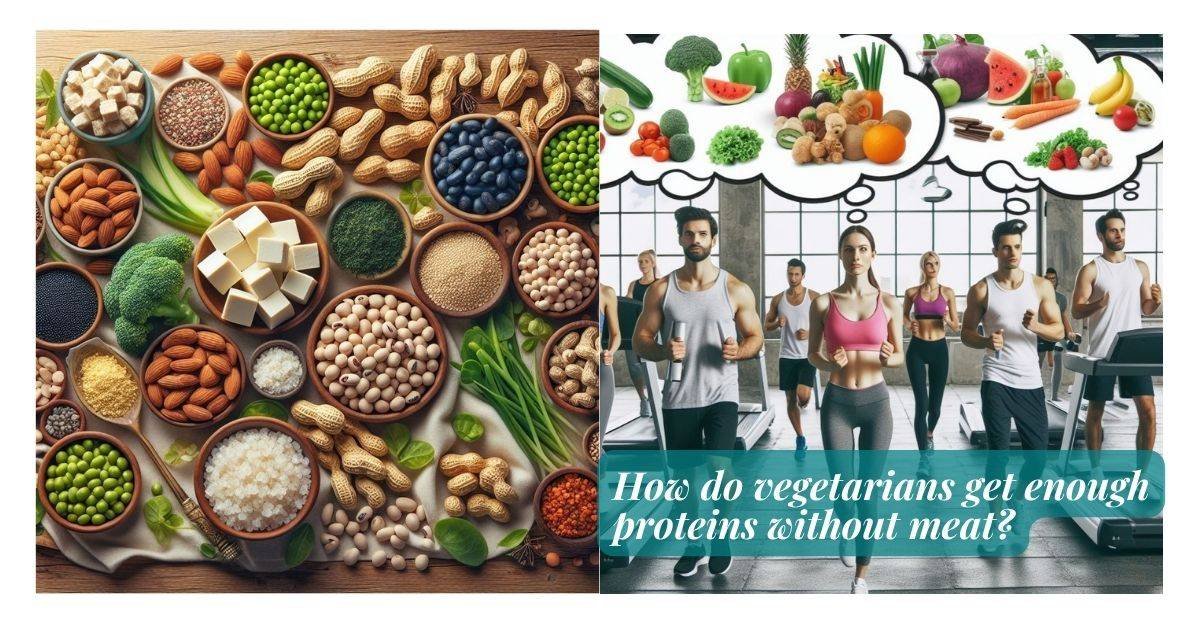
Table of Contents
Vegetarians are people who for health, religious, environmental, or animal rights reasons, decided to opt out of eating proteins sourced from the killing of animals and are associated with obvious health benefits as published in the Proceedings of the Nutrition Society (PNS).1
It also has its drawbacks as published in the European Heart Journal.2 I used the word killing because, unlike vegans, not all vegetarians abstain completely from animal proteins.
Luckily proteins aren’t gotten from animal sources alone. There are lots of plant-based proteins however they may not contain just as many proteins as one can get from animal sources per serving. Irrespective of feeding habits, the daily protein requirements for people remain the same and have to be met for them to stay healthy.
Some vegetarians eat eggs and dairy products like milk which makes it easier for them to meet their daily protein requirements when combined with proteins from plants, irrespective of their age, sex, level of activity, or body weight. This also makes it easier for them to obtain what we call “complete proteins”.
Out of the 20 amino acids your body needs, it can make 11 but you have to get the remaining 9 from dietary sources which are called the essential amino acids. Your dietary protein is termed as complete if it contains the 9 essential amino acids your body needs and incomplete if it doesn’t.
Unlike animal protein sources, plant sources usually don’t have all the 20 amino acids in one source so vegetarians who abstain from eggs and dairy products will have to eat a wide range of plant sources to get all the amino acids their body needs.
In previous articles, we discussed the recommended daily intake of protein, how much protein your body can absorb, and how much protein per day is considered too much. In this article, we shall delve into how vegetarians get proteins.
Kindly keep in touch by signing up for our Newsletter:
Sources of protein for vegetarians.
Vegetarians get most of their proteins from plants, however, there are some who are not so strict about their choice that they take some dairy and poultry products. This class of vegetarians mainly stays out of protein sources obtained by the death of animals like meat and fish.
Plant sources.
There are varieties of plant sources of protein for vegetarians. They fall into classes such as vegetables, nuts, legumes, and grains. Examples are:
- Nuts or seeds: Almonds, cashews, walnuts, sunflower seeds, peanuts or peanut butter, hazelnuts, and sesame seeds.
- Beans or legumes: Pinto beans, chickpeas, kidney beans, soybeans and their products, lentils, lima beans, and black beans.
- Fungus: Mycoprotein.
- Grains: Barley, sorghum, whole wheat, oats, millet, and quinoa.
- Vegetables: Corn, broccoli, lima beans, asparagus, and peas.
- Fruits: Guava, avocado, blackberry, apricots, pomegranate, prunes, bananas, peaches, cherries, kiwi, and jackfruit.
Animal sources.
Not all vegetarians eat protein from animal sources but for those that do, it makes it easier not only to meet daily protein requirements but also to get complete protein that contains all the essential amino acids.
Dairy.
Some vegetarians take dairy milk and milk products from animal sources such as cheese, ice cream, and yogurt. They typically can consume protein shakes mixed with dairy milk which tastes a lot better and more satisfying than when mixed with water. We discussed this in a previous article you may want to read.
Protein shakes made by mixing with dairy milk also have higher protein and fat content plus extra calories and may contribute to weight gain if you take so much of it. Such shakes are also better for bodybuilding since they have a higher protein content.
Vegetarians who abstain from dairy milk have the option of using coconut and almond milk for their shakes.
Poultry.
Eggs are also a good source of complete protein for vegetarians who take them. The list includes products containing eggs like cakes, french fries, egg rolls, scotch eggs, bacon, and other types of sandwiches.
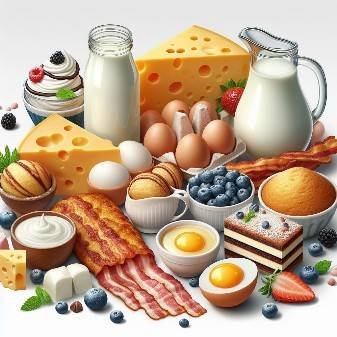
Cheap vegetarian protein sources.
Generally, plants represent cheaper sources of proteins than animals. This also applies to the products, you will expect food products of animals to represent pricier options than those derived from plants.
On that note, all the listed sources of proteins from plants are considered cheaper sources. They include products like cheese, yogurt, cakes, and ice creams. So vegetarians generally obtain proteins from cheaper sources than non-vegetarians even though costs are not identified as a reason people choose to become vegetarians.
Sources of complete proteins for vegetarians.
Most plants lack all the 20 amino acids your body needs. If you are a vegetarian, this makes it imperative you eat a wide variety of plant foods to get all the amino acids especially the 9 essential ones your body can’t produce. Though they are readily available in animal protein sources and some vegetarians take milk and eggs, others choose to opt out of these as well.
For vegetarians who don’t take dairy and poultry products like milk and eggs, soybeans and their derivatives like tofu, tempeh, edamame, and soy milk are among the sources of plant proteins that offer them complete proteins. This is because they contain all the 9 essential amino acids not produced by the body which are:
- Lysine,
- Histidine,
- Leucine,
- Isoleucine,
- Methionine,
- Threonine,
- Phenylalanine,
- Tryptophan, and
- Valine.
Other sources of complete proteins for vegetarians are quinoa, hemp seeds, amaranth, buckwheat, chia seeds, and spirulina.
How does a vegetarian get enough protein?
As stated before, your protein requirement has to be met if you must stay healthy no matter your choice of diet. While animal protein sources are loaded with high amounts of proteins per serving, plant sources are not. Therefore, getting enough proteins from plant sources can be tasking.
This will require eating high amounts of protein-rich plants such as mycoprotein, guava, tofu, soybeans, almonds, lentils, etc. For vegetarians who take milk, eggs, and all foods made with these, it is a whole lot easier to meet their daily protein requirement but not so for those who don’t. However, it isn’t rocket science to get enough daily protein if one goes about it the right way.
With the minimum recommended daily intake for protein by body weight at 0.8g/kg as published in the National Library of Medicine (NLM),3 a person weighing 70 kg will need 56g of protein per day as highlighted in another article you may want to read. If you are a vegetarian weighing 70g, it’s easy to get enough proteins each day if you know the protein content of plant sources and work with it.
The amount of protein content of some known plant sources per serving or per 100g is as follows:
| Plant food | Quantity | Protein content |
|---|---|---|
| Tofu | 100g | 8g |
| Mycoprotein | 100g | 21g |
| Pinto beans | 100g | 21g |
| Barley | 100g | 12g |
| Oats | 100g | 13.15g |
| – | – | Total: 75.15g |
If you do the maths, you’ll find the total amount of protein you get by consuming 100g of these plant foods stands at 75.15g. This already exceeds the 56g minimum protein requirement per day. Secondly, by eating a wide variety of plant proteins, vegetarians are able to get all the essential amino acids their body needs.
How to get 100g of proteins without meat?
Getting 100g of proteins without meat is possible. This is what some vegetarians do every day to stay healthy. For instance, from the table above you can see the total amount of protein consumed by eating a serving of each of those plant foods amounts to over 75g. This falls short of 100g by just 25g.
You will agree on a normal day a healthy and active person can eat more food than the amount shown on the table. Simply eating an extra serving of tofu and mycoprotein gives an additional 29g of protein. This brings it to 104.15g of protein for that day.
Supposing a scoop of plant-based protein powder is added to the day’s meal that represents another 20g of protein. The protein powder takes it up to 124.15g for that day.
Let’s not forget fruits like guava, vegetables like corn, and nuts like cashews ought to be on the menu for a healthy meal for a day. All these represent extra proteins for that day that add up way above 100g without meat.
I hope this piece satisfactorily answers your question on this topic. If so, kindly share and drop any more questions you may have using the comment box. See you on the next topic.
References.
- Key TJ, Davey GK, Appleby PN. Health benefits of a vegetarian diet. Proceedings of the Nutrition Society. 1999;58(2):271-275. doi:10.1017/S0029665199000373 ↩︎
- Tian Wang, Andrius Masedunskas, Walter C Willett, Luigi Fontana, Vegetarian and vegan diets: benefits and drawbacks, European Heart Journal, Volume 44, Issue 36, 21 September 2023, Pages 3423–3439, https://doi.org/10.1093/eurheartj/ehad436 ↩︎
- Wu G. Dietary protein intake and human health. Food Funct. 2016 Mar;7(3):1251-65. doi: 10.1039/c5fo01530h. PMID: 26797090. ↩︎






















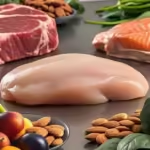


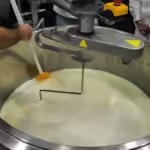

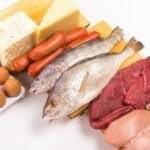
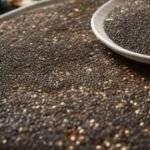
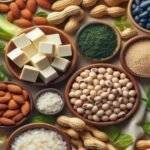
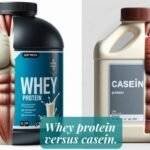











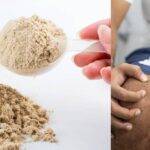

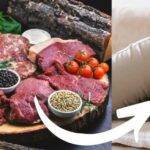


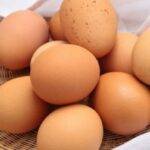
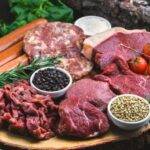






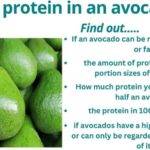
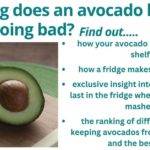
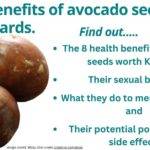


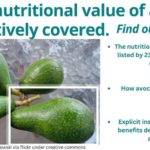
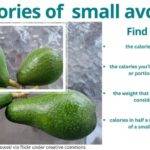
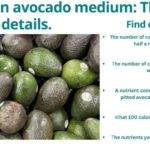
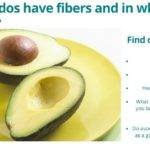
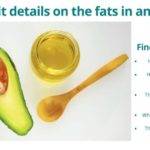

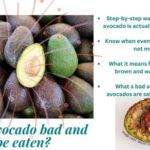

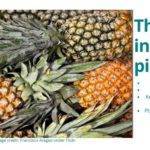

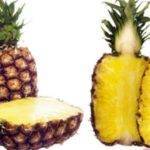








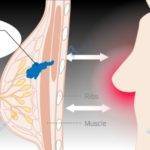

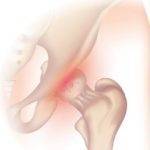



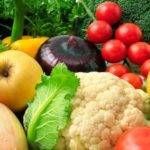




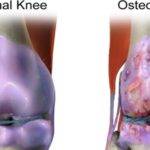






















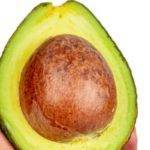
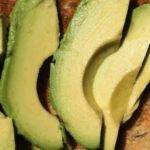


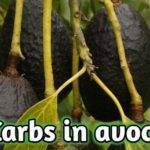







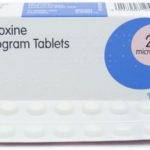


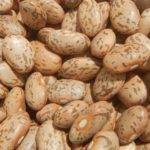
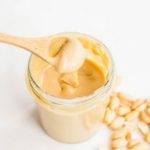








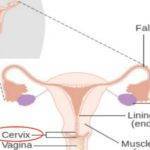













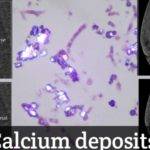


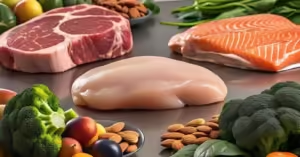



Your writing has a way of resonating with me on a deep level. I appreciate the honesty and authenticity you bring to every post. Thank you for sharing with us.
Hey very cool website!! Man .. Excellent .. Amazing .. I will bookmark your blog and take the feeds also…I’m happy to find a lot of useful information here in the post, thanks for sharing.
I needed to thank you very much again for the marvelous knowledge you’ve shared here. A number of people might have offered this for sale for in an ebook to generate some money on their own but you made it free. I am sure there are more insightful stuff ahead for folks to read on this website.